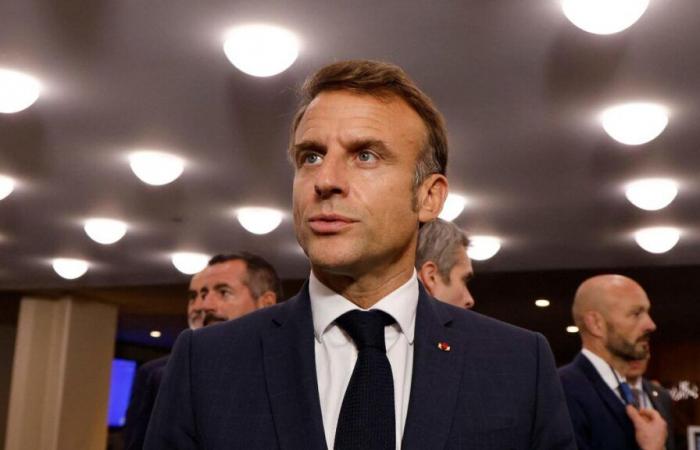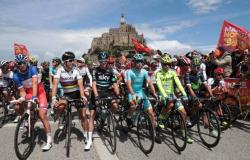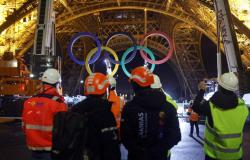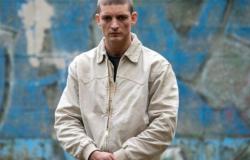
French President Emmanuel Macron met with his Iranian counterpart Massoud Pezeshkian on Tuesday at the UN on the sidelines of the General Assembly. War in the Middle East, Iranian nuclear power, French prisoners, Russia… here is what we should remember from the exchanges between the two men.
A call for “general de-escalation”
Emmanuel Macron called on Massoud Pezeshkian to “support a general de-escalation” in the Middle East, during a meeting, the Élysée Palace said in a statement. This meeting took place at a time when the international community fears a flare-up in the Middle East. After Gaza and the West Bank, a new front has opened between Israel and Lebanon.
In early August, the French and Iranian leaders had already spoken by telephone. Emmanuel Macron had then urged his counterpart to “do everything to avoid a new military escalation” in the region. “The President of the Republic stressed Iran’s responsibility to support a general de-escalation and to use its influence in this sense with the destabilizing actors who receive its support to move towards a ceasefire in Gaza and a cessation of hostilities,” the French presidential palace said on Tuesday.
“Concern” over Iranian nuclear power
Emmanuel Macron and Massoud Pezeshkian also discussed the Iranian nuclear program. He “reiterated his great concern about the trajectory of the Iranian nuclear program” and “called on Iran to cooperate fully with the IAEA to work towards a diplomatic solution on the subject,” the Élysée Palace said.
Month after month, Iran has been accumulating ever-increasing reserves of uranium enriched to 60%, close to the 90% needed to develop an atomic bomb. Since 2021, it has also significantly reduced site inspections. Surveillance cameras have been disconnected and the accreditation of a group of experts has been withdrawn. This situation led to the adoption of a critical resolution at the previous Board of Governors in early June, of symbolic significance at this stage.
Since the election of the Iranian president in July, Tehran has expressed its desire to restart negotiations to revive the agreement concluded in 2015 with the European countries of the E3 (Paris, London, Berlin), Washington, Moscow and Beijing. This pact known by the acronym JCPOA was supposed to regulate its atomic activities in exchange for a lifting of international sanctions.
But it fell apart after the US withdrawal decided in 2018 by then-President Donald Trump. Negotiations in Vienna failed in the summer of 2022. During his election campaign, Massoud Pezeshkian had called for “constructive relations” with Washington and the Europeans, in order to “bring Iran out of its isolation”, raising hopes of a resumption of nuclear talks.
Three French people still detained in Iran
Emmanuel Macron urged his Iranian counterpart to release “without delay” the three French nationals “arbitrarily held hostage in Iranian prisons for two years”. Deploring their “undignified” detention conditions, the French president repeated that this was a “prior imperative for any improvement in bilateral relations with France”.
The couple formed by Cécile Kohler and Jacques Paris were arrested in May 2022, accused of being spies, as was a man named Olivier, whose last name has not been made public. French diplomacy describes these prisoners as “state hostages”. Iran is accused of arresting Westerners without reason and using them as bargaining chips in state-to-state negotiations. Last year, Tehran released two French nationals, Benjamin Brière and Bernard Phelan, who also has Irish nationality. Last June, Louis Arnaud was released.
During the meeting on Tuesday, Emmanuel Macron also “strongly condemned the transfer of ballistic missiles from Iran to Russia and warned the Iranian president against the Islamic Republic of Iran’s continued support for Russia’s war of aggression in Ukraine.”





